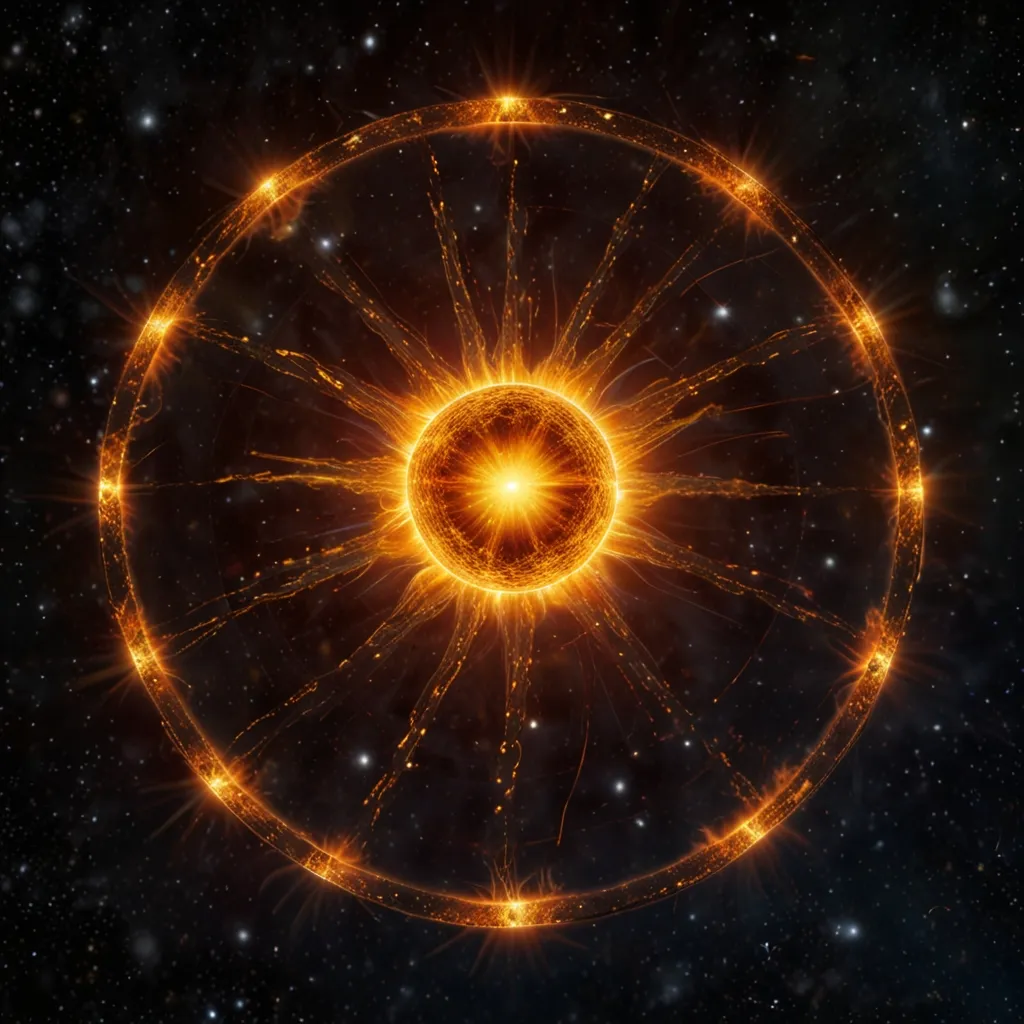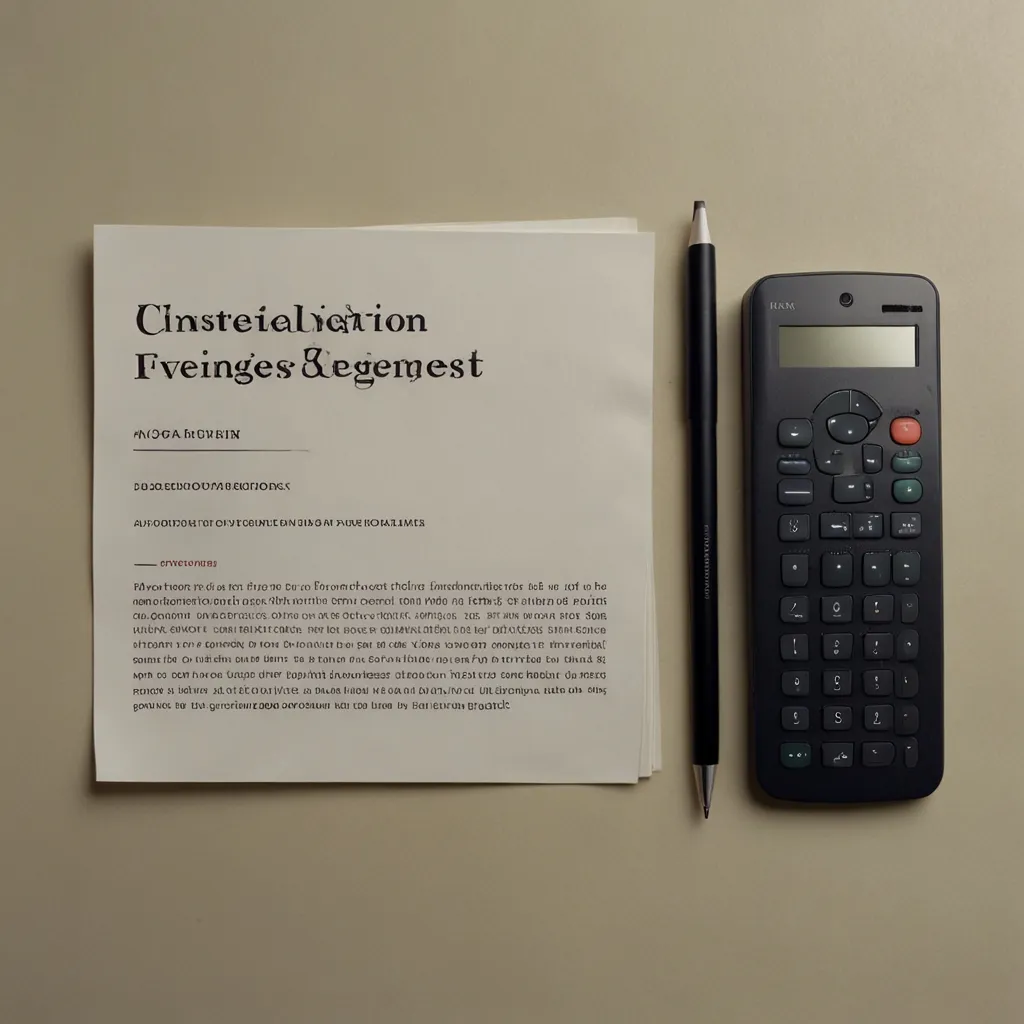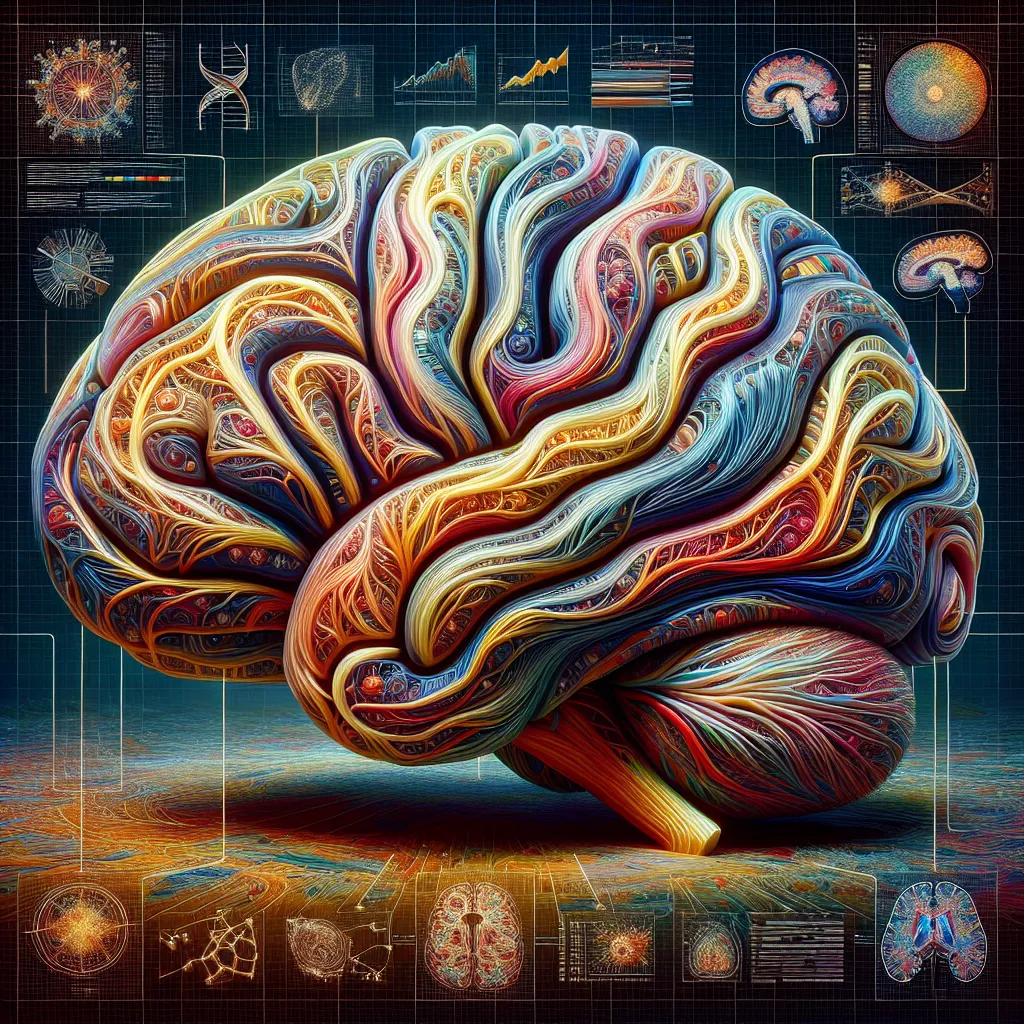Quantum mechanics tells us that we can never know exactly where a particle, like an electron, is and how fast it’s moving at the same time. When scientists say we can’t pinpoint an electron’s location, they are talking about the wave function from the Schrödinger equation. This wave function is tied to the likelihood of finding an electron in any given spot.
Imagine a perfect sine wave representing this electron. This wave means the electron could be anywhere in space, making its position totally uncertain. However, we know the wavelength of this sine wave, which lets us determine its momentum accurately, thanks to a principle known as the de Broglie relation. Here, momentum is Planck’s constant divided by the wavelength. So, we end up with an infinite uncertainty in position but none in momentum.
Conversely, if we aim to pinpoint the electron’s position more precisely, we need to combine multiple waves of various wavelengths. This creates an interference pattern, helping us form a more localized wave. This localized wave provides a clearer idea of where the electron might be.
In summary, in the world of quantum mechanics, there’s always a trade-off between knowing an electron’s position and its momentum. The more certain we are about one, the less certain we become about the other. This fascinating concept challenges our everyday understanding of reality, highlighting the unique nature of particles at the quantum level.






